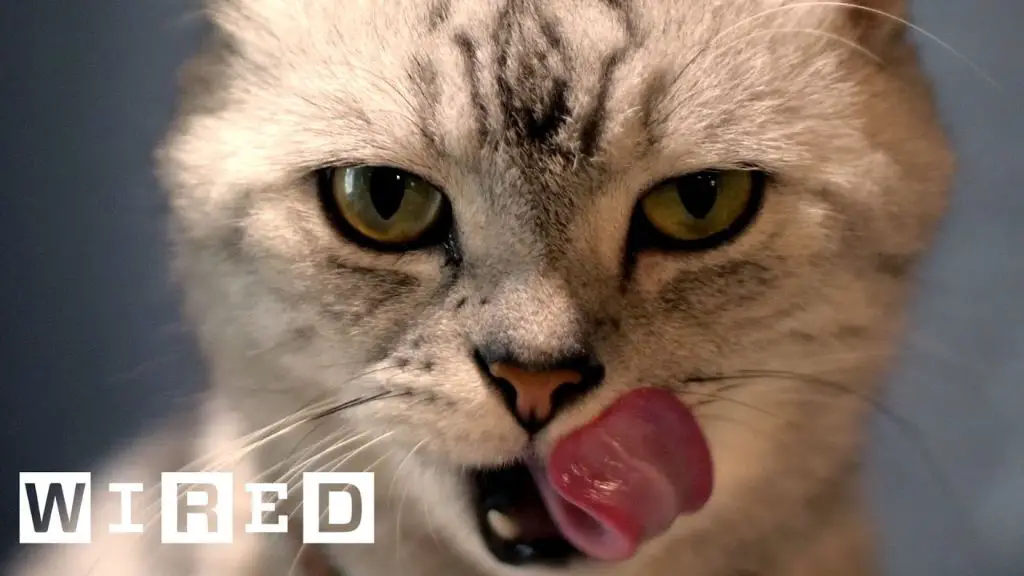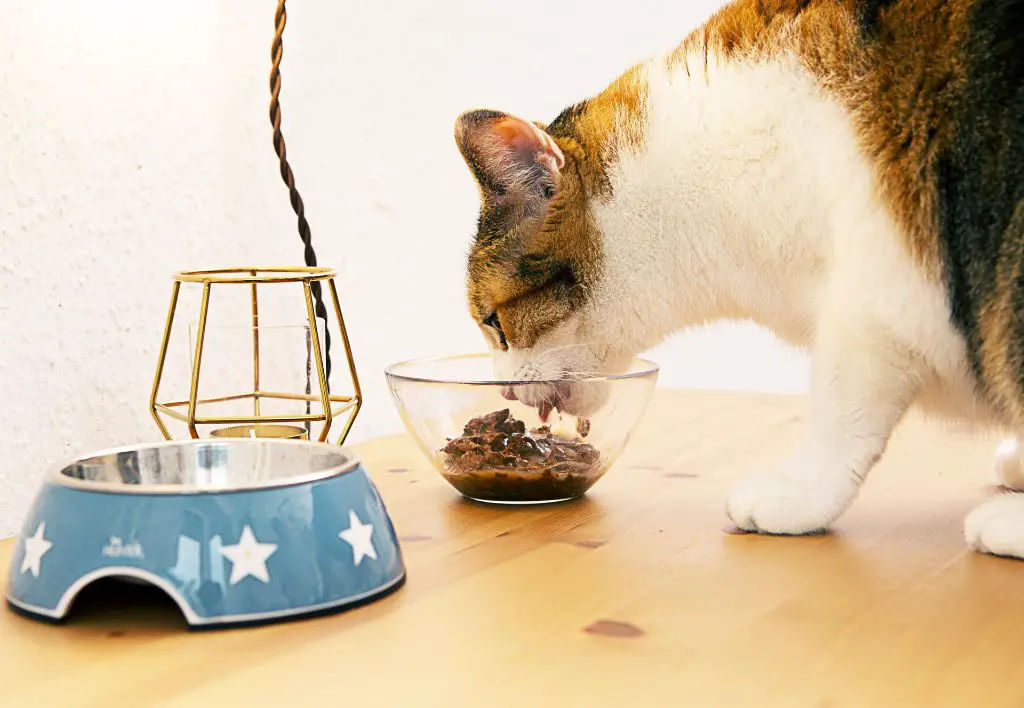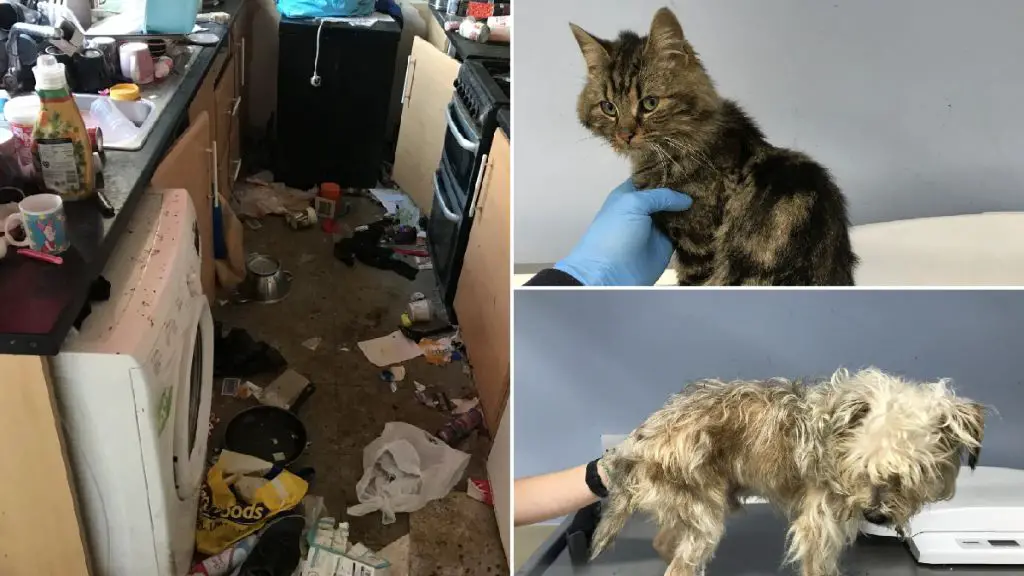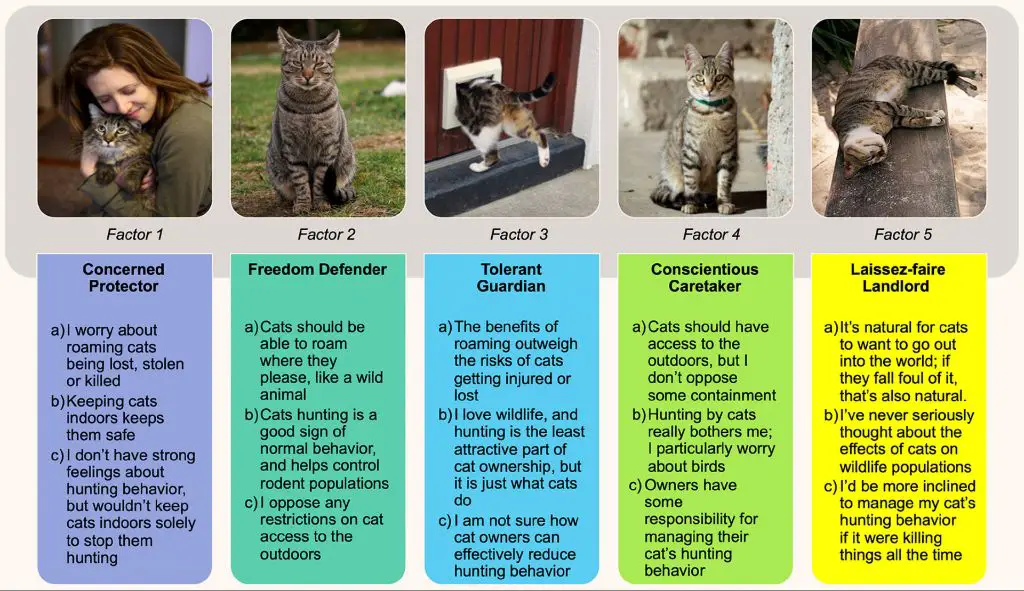The thought of a beloved pet eating its deceased owner is disturbing and unsettling. However, cases of dogs and cats consuming their owners after death do occasionally occur. While gruesome and upsetting, there are reasonable explanations for this behavior. The prospect provokes many questions: How common is it? What drives pets to do this? Should pet owners take precautions? This article will examine the facts around pets eating their dead owners.
Do Cats Really Eat Human Remains?
Yes, there is evidence that cats will eat human remains under certain circumstances. In most documented cases, the cats were feral or abandoned pets who resorted to eating their deceased owner due to starvation. While disturbing, this behavior does not mean all or even most cats will eat human remains.
In one notable case in 2020, researchers observed two feral cats eating the corpses of two separate people left outside a body farm in Colorado. The cats were able to access the unburied bodies at night over several weeks (source). This unique research documented cats’ postmortem scavenging behavior.
There are also reports of pets eating their owners after death, usually due to being trapped with no other food source. However, these cases are very rare and do not suggest typical house cats will readily eat human remains.
Why Would a Cat Eat Its Deceased Owner?

Cats may be driven to eat their deceased owners out of hunger or starvation if they become trapped without any other food sources available to them. According to Rover.com, “The most commonly reported circumstance is that the body of the deceased was not discovered for several days or longer, by which time the cat had no other source of food.” [1] If a pet owner dies alone at home and no one discovers the body right away, the cat may resort to eating the owner’s corpse due to lack of other options.
Cats are natural scavengers with instincts to eat meat whenever it’s available. According to Inverse, “Scavenging and eating dead animals, including human bodies, comes naturally to cats.” [2] If a cat’s owner passes away and the cat has unrestricted access to the body, its natural scavenging instincts may lead it to feed on the owner, even if it is not starving. The cat sees the corpse as simply a source of meat. However, most well-fed domestic cats are unlikely to immediately turn to eating a dead owner.
Timing and Access Are Key Factors
Research shows that access to the deceased body is a key factor in whether or not a cat will feed on its owner after death. In cases where cats have been documented eating their deceased owners, the incidents tend to occur after the person has died and the body has lain undiscovered for some time.
Most sources agree that cats who eat their deceased owners do so out of extreme hunger. If a cat is trapped alone in a home with no access to food after their owner dies, they can become desperate enough to feed on the body after around 1-2 days without nourishment (source). The drive for survival overtakes the cat’s normal aversion to consuming human flesh.
So while unpleasant to think about, cats eating their deceased owners is primarily driven by opportunity and urgent need for food. Timing and unrestricted access to the body are key factors that can lead cats to exhibit such extreme survival behavior in tragic circumstances.

Not All Cats Resort to This
It’s important to note that not all cats will resort to eating their deceased owner. According to a Wired article, the study showing cats eat human remains involved feral cats and does not mean most pet cats will exhibit this behavior. Much depends on the cat’s personality and bond with their owner.
Cats that had a close relationship with their owner and were well cared for are less likely to eat the owner’s body than feral or abandoned cats. A cat’s natural instincts drive it to scavenge for food, but domesticated pet cats can suppress those instincts when they have a full belly and loving home. Additionally, some cats are simply more docile or have a weaker prey drive than others.
So while it’s scientifically proven that some cats will eat human remains under certain circumstances, the majority of well-loved household cats will not consume their deceased owner. Their personality and relationship tends to prevent this behavior in most cases.
Preventing Postmortem Predation
Although rare, some precautions can be taken to prevent pets from scavenging their deceased owner’s body if they die at home alone. If you live alone, make arrangements with a neighbor, friend, or relative to check on your pets if anything happens to you. You can provide them with a spare key and instructions for caring for your cats in an emergency.
It’s also wise to keep extra cat food and water bowls filled, so if your pet is trapped in the home, they have enough sustenance until help arrives. Program an automatic feeder to release food at intervals. This reserves food even if no one can immediately access the home. According to the ASPCA, cats can survive 2-3 weeks without food, but having extra available is prudent.
Lastly, inform a trusted contact that you live alone with pets. Ask them to follow up if you become incommunicado for more than a day or two. That way, if an untimely death occurs, your animals won’t go unnoticed for long. A quick discovery greatly reduces the risk of your feline nibbling on your remains out of hunger or curiosity.

Cats Eating Owners After Death is Rare
Despite sensational media reports, the situation of a cat eating its deceased owner is extremely uncommon. According to veterinarians and animal behaviorists, this only arises under very specific conditions where the cat is trapped alone with the owner’s body and no other food source is available (1). The cat does not make a conscious decision to eat its owner, but is simply acting on instinct to survive. In virtually all cases, if someone finds the owner’s body within a few days, the cat has not resorted to eating it. As disturbing as it sounds, such postmortem predation is rare and not something cat owners need to realistically worry about.
Experts emphasize that “even in extreme cases of hunger, cats won’t normally eat their owners unless they are quite clearly dead” (2). The vast majority of house cats will never face such an extreme scenario of being trapped and facing imminent starvation. So while cats are technically capable of eating human flesh if extremely hungry, owners do not need to be concerned about cats eating them if they die at home in normal circumstances.
(1) https://www.washingtonpost.com/science/2020/01/15/heres-compelling-evidence-that-your-cat-might-eat-your-corpse/
(2) https://www.inverse.com/science/will-my-cat-eat-me
Pet Owner Precautions
There are several precautions pet owners can take to ensure their pets are properly cared for in the event of their death or incapacitation.
Arranging alternative care for pets ahead of time is crucial. Identify a friend, family member, or pet sitter who can take the animal in if needed. Provide their contact info and make sure they’re willing and able to help. Consider adding instructions in your will.
Give a trusted person a spare key or garage code so they can access your home to care for the pet if you become unable to. Let neighbors know they can contact this person if they don’t see you for an extended period.
Leave detailed pet care instructions. List important info like veterinarian details, feeding schedules, medications, walking routes, and care preferences. Post it visibly on the fridge or leave it out. Update it periodically.
Taking these precautions provides peace of mind that pets will be looked after if an emergency arises. Proper planning prevents pets from being left alone without care.
When to Be Concerned

Some pet owners are at higher risk of postmortem predation than others. Elderly or ill owners who live alone should take extra precautions in case they pass away while unattended. Pets that are very attached or dependent on their owners may start eating the body if no one else is around to feed them or let them outside. According to the Quora source, in cases where dogs consumed dead owners, the dogs were often large breeds that the owner felt protective of, and the owner was elderly and living alone.
The National Geographic source notes that pets who only have access to one room or are trapped in a home with a deceased owner are at the highest risk of consuming human remains. Owners without close contacts who check in regularly are most vulnerable since no one will notice if something happens to them. Taking steps like ensuring someone has a spare key and will stop by periodically can prevent tragic outcomes.
Conclusion
In summary, while there are cases of cats eating their deceased owners, they are extremely rare. Cats will only resort to this under certain conditions – mainly if they don’t have any other food sources available and enough time has passed for the body to decay. The vast majority of cats, however, will not eat their owners after they die.
It’s understandable that some pet owners worry about this possibility. But the chances of it occurring are slim, especially if precautions are taken. Making arrangements for pet care after death and informing others of those plans can help prevent this situation.
Overall, cat owners should not overly concern themselves with the idea that their beloved pet would consume them after they pass away. While an unpleasant thought, this scenario is highly unlikely to transpire. With proper planning for your pet’s future care, you can rest assured your cat will be looked after if you should die before they do.

